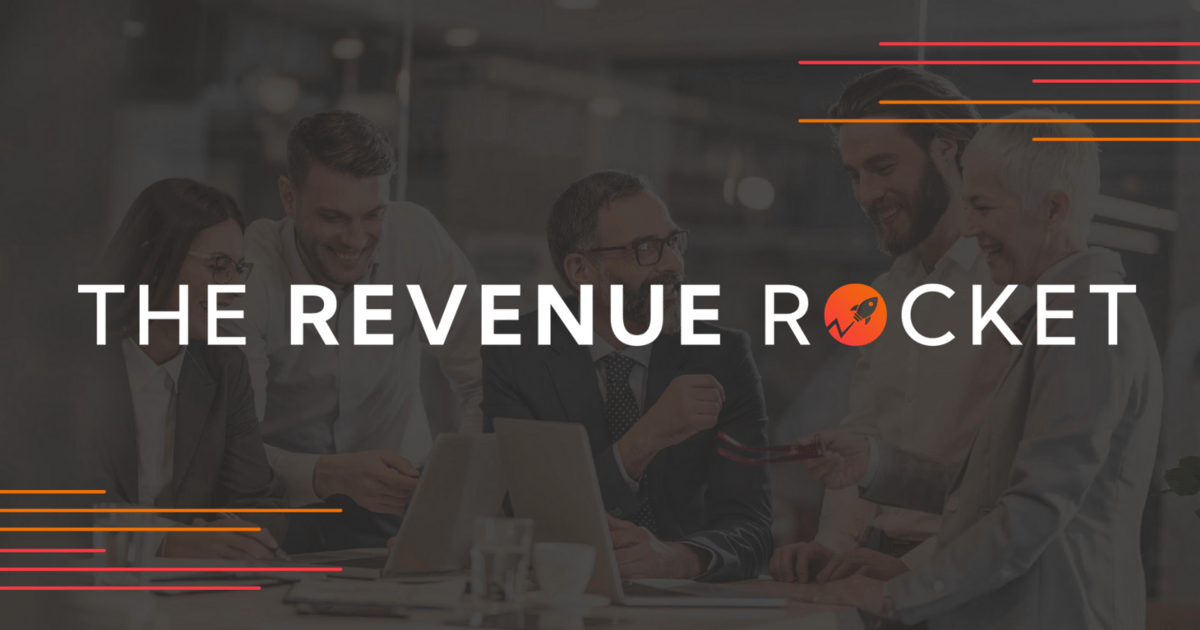The evolution of enablement has been dramatic. From in-person lectures to virtual training, we've seen constant change.
Reflecting on the last month of conversations with sales and enablement leaders reveals the deeper shift isn't about delivery methods — it's about fundamental transformation of the enablement function itself. Who you enable and with what focus.
Revenue generation is the business goal - so stop thinking about enablement as just for your sales roles.
From attending DevLearn to my conversations this month, forward-thinking leaders who grasp the vision for AI and refuse to settle for "adequate" left me with renewed excitement.
And as we focus on transforming the approach to enablement ourselves, our early customer results validate the vision that the future of enablement isn't just about expanding training scope. It's about creating a cohesive experience that bridges the gap between activity and learning. Enablement needs to connect across the GTM teams through continuous cycles of feedback and improvement:
In B2B media: Av. 30 days faster to first deals for new reps than typical ramp time
In Marketing Tech: achieved company wide 20% increase in deal velocity while saving their sales leader 160hrs in manual coaching
UK venture firm: implemented change initiatives 36 days faster with real-time adoption insights
The Current Reality
The economic landscape demands more from enablement teams. A concerning pattern exists: despite having access to more training content than ever, adoption and impact is, at best the same, but more often trending down.
Content overload is decreasing performance by creating decision paralysis.
This isn't just a training issue—it's a systematic failure of traditional sales enablement approaches. Yet too many vendors are still focusing on the role of AI being a solution to content creation and management for your sales team.
And a, not so unique, change management challenge is arising as top performers show resistance, they "don't need training."
Ironically, high-performing reps often need structured enablement more than low performers.
But can you blame them when all they know is a content management system that takes them away from the activities that fuel their pay check. The resources they access are created by other departments and don’t quite align to their lived experience at the front lines. And, due to broken feedback loops, the content creation teams have no idea why reps aren't engaging. The only certain thing is that both teams are frustrated.
And to top it off, if the high performing rep does engage, they have to translate what the information means into the activity and action they can take on their active pipeline. So it might be weeks or months before they realize any value from the training they spent their limited time on
Why Revenue Enablement Now
The move to ‘revenue enablement’ as I’ve heard thought leaders coin it, isn't optional. I've consistently heard how siloed approaches create measurable gaps. Key themes from the last few weeks:
Teams heavily rely on ad hoc observational feedback rather than data-driven analysis
Training remains generalized, even though it needs to be role specific
There are too many apps and platforms competing for attention, so they all end up under-utilized
Basic skills often get neglected in favor of product training
And just to reinforce the feedback I’m hearing, my colleague @camille (Camille Kempell) attended a session with Slack this week. As if they were listening, they shared their own research that employees are wasting an average of 5 weeks a year just switching between their platforms and work apps to find what they need and move their work forward…
Delaying this transition creates compounding negative effects.
Lost market share as competitors build integrated revenue engines
Higher customer acquisition costs from misaligned messaging
Increased churn due to inconsistent experiences
Revenue leakage from missed cross-sell opportunities
The Path Forward
Over the next 2-3 years, I predict:
AI will drive personalized coaching at scale, but human coaches will become more valuable for high-stakes situations
Revenue teams will consolidate tools, reversing the trend of proliferation
Sales process adherence will become automated and embedded rather than trained
And most importantly - AI will be at the heart of using real, in the moment data to solve for the visibility challenges across all departments involved in GTM mobilization
The evidence from the field is clear: it's about creating an integrated, data-driven approach that delivers measurable results throughout the full customer lifecycle.
At Hive Perform, we're spearheading the shift from adequate to excellent by focusing on sales performance. Closing the feedback loops and fueling ourselves on data first. Thinking about the stakeholders across Marketing, Product, Sales and Rev Ops - and simplifying the experience to excellence for our 3 core user profiles: the rep, the coach and the enabler.
Our customers' results prove that starting small but strategic drives transformative outcomes quickly. Ensuring you don’t have to wait for dedicated resources or teams to get started.
Because organizations that delay this transformation risk falling irreparably behind.
I want to hear your thoughts. Because settling for "adequate" is a risk none of us can afford to take.
Let’s chat over coffee and discuss how to brew better than mediocre.

